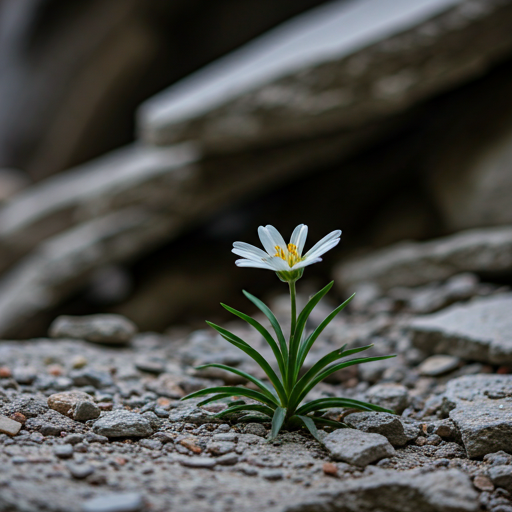"Focus on what you have to be grateful for instead
of the challenges, hardships, and disappointments
you experience in your life." ~ David Baxter, PhD
Trauma can leave us feeling shattered, disconnected, and far from the possibility of gratitude. It can feel like an impossible task to find anything to be thankful for when you're navigating the aftermath of a deeply difficult experience. It's like trying to find a single bloom after a devastating frost. But cultivating gratitude, even in small ways, can be a powerful part of the healing process. It's not about ignoring the pain, but about finding glimmers of light amidst the darkness, like spotting a star through a cloudy night.
Let's be honest: feeling grateful after trauma isn't easy. It's okay if it feels forced or impossible at first. Don't beat yourself up for not feeling instantly joyful. The journey to gratitude is a gradual one, and it starts with small, manageable steps.
One of the most helpful things you can do is to focus on the present moment. Instead of getting caught up in memories of the past or anxieties about the future, bring your attention to what's happening right now. What do you see, hear, smell, taste, or feel? Perhaps it's the warmth of a cup of tea in your hands, the gentle breeze through an open window, or the comfort of a soft blanket. These small sensory experiences can anchor you in the present and create space for gratitude.
Consider starting a gratitude journal. It doesn't have to be a grand, elaborate affair. Simply take a few minutes each day to write down a few things you're grateful for. They can be big or small – a supportive friend, a sunny day, a good book. The act of writing them down helps solidify those feelings of gratitude, like watering a small seed so it can begin to grow. If you're struggling to find things, start with the basics: "I'm grateful I remembered to put on pants today." Hey, sometimes the little victories are the most important!
Beyond journaling, there are other practices you can explore. Gratitude meditations, for example, can guide you towards a deeper sense of appreciation. You can find guided meditations online or through various apps. Expressing gratitude to others is another powerful way to cultivate this feeling. Tell someone you appreciate them, their support, or something specific they've done. This not only strengthens your relationships but also reinforces your own sense of gratitude.
It's crucial to remember that cultivating gratitude isn't about denying or minimizing the pain you've experienced. It's about acknowledging the good alongside the bad, finding strength and resilience in the face of adversity. It's about recognizing that even in the midst of hardship, there can be moments of beauty, connection, and hope.
If you're struggling to find your way back to gratitude, or if the trauma you've experienced feels overwhelming, please know that you're not alone. Seeking professional help from a therapist or counselor can provide valuable support and guidance. They can help you process your trauma, develop healthy coping mechanisms, and explore ways to cultivate gratitude as part of your healing journey.
Healing from trauma is a process, not a destination. Be patient with yourself, celebrate small victories, and remember that even in the darkest of times, the capacity for gratitude can be a source of strength and hope.

